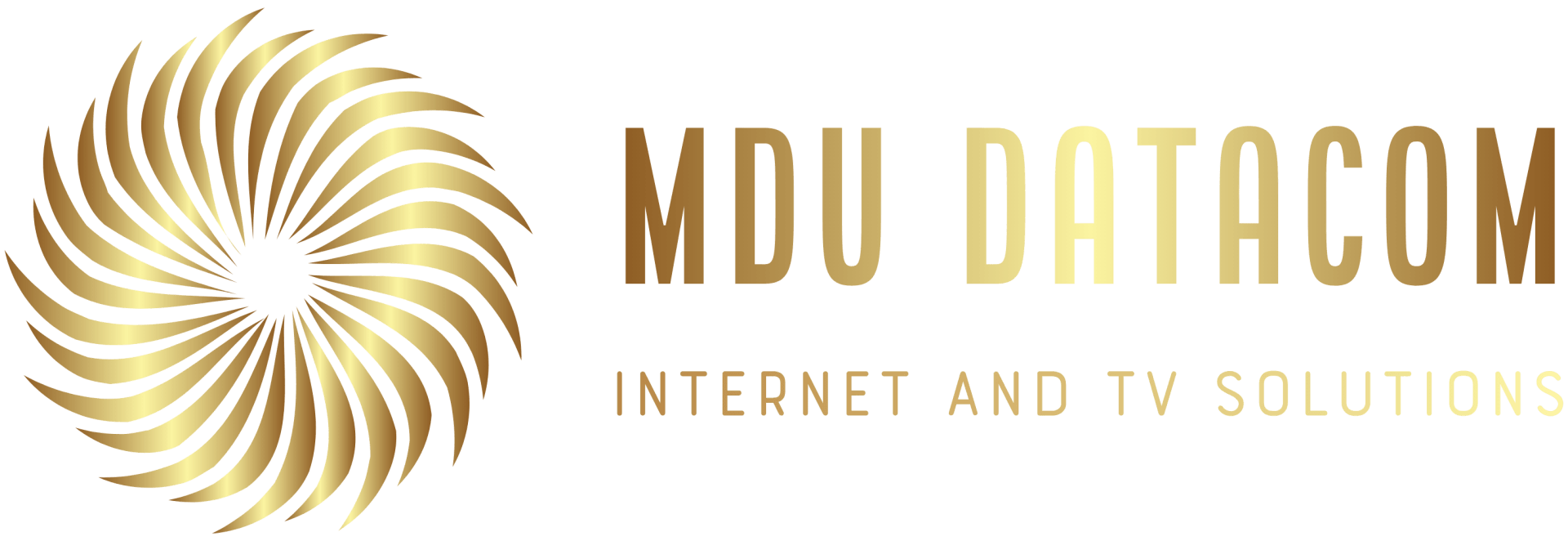One effective approach for overseeing resources in multi-dwelling units is the use of smart measurement devices. Intelligent measurement devices offer immediate data on energy and H2O usage. This information enables building administrators to detect trends and patterns in utility consumption. For instance, if a specific unit consumes considerably more water than its neighbors, the manager can investigate potential leaks or motivate the tenant to adopt more water-saving habits. By tackling these issues promptly, managers can reduce waste and lower utility expenses for everyone residents.

Another crucial aspect of digital resource administration is the implementation of eco-friendly technologies. Numerous multi-dwelling buildings can benefit from eco-friendly lighting, heating systems, and cooling systems. Such technologies not just reduce energy use but also lower service costs. Building managers can utilize cloud-based systems to track the performance of such solutions and implement adjustments as required. For instance, if a heating unit is not functioning functioning effectively, the manager can arrange maintenance or upgrades to guarantee optimal efficiency.
Alongside smart meters and eco-friendly technologies, cloud utility administration can enhance interaction between property administrators and tenants. A digital platform can provide tenants with visibility to their utility consumption data, allowing them to monitor their consumption. This transparency encourages tenants to be increasingly mindful of their utility consumption. Furthermore, property administrators can distribute notifications about maintenance timing, energy-saving advice, or community activities through the system. Enhanced communication fosters a feeling of togetherness and motivates residents to participate in resource-saving initiatives.
Finally, adopting cloud utility administration strategies can lead to a more sustainable residential space. By optimizing resource use, multi-dwelling buildings can considerably reduce their carbon footprint. This is important not only for the residents but also for the environment. As more an increasing number of individuals grow conscious of ecological concerns, they are prone to appreciate living in a building that prioritizes sustainability. Property managers who implement these strategies can attract you can try here eco-conscious conscious tenants, enhancing the property's standing and possibly boosting its worth. In conclusion, efficient digital resource management is essential for creating effective, comfortable, and sustainable living spaces in multi-dwelling buildings.